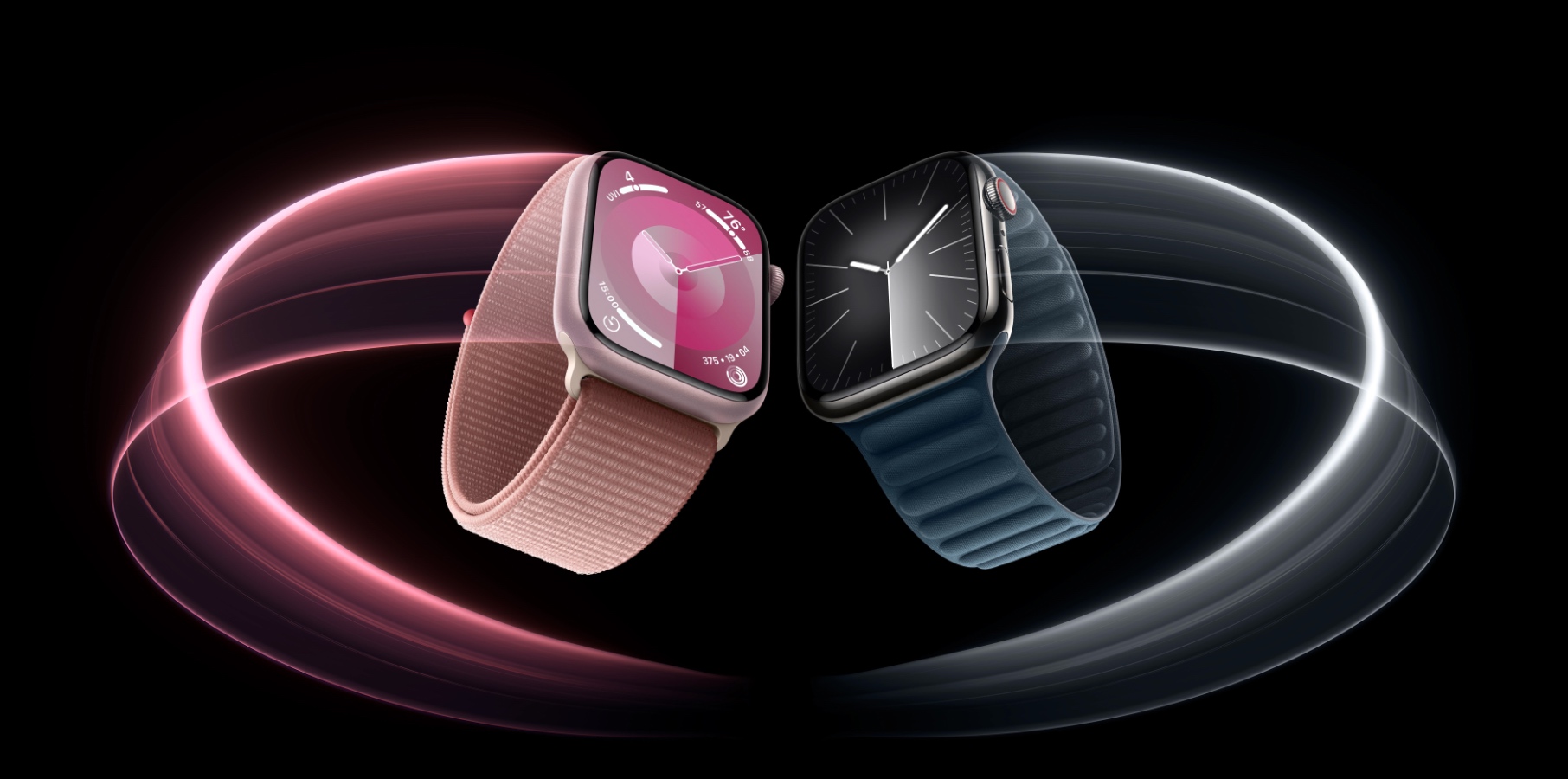Smart Ray-Ban Glasses, on June 16, 2024, in Caen, Normandy, France. (Photo by Artur Widak/NurPhoto … [+]
Meta is reportedly working on innovative technology that could customize audio content based on your mood and biometric readings.
That’s the word according to the guys at Wareable, who discovered a recent patent filing.
The report states that the system could adjust music or other audio in response to fluctuations in heart rate, blood pressure, or even subtle changes in a your voice, potentially creating a more personalized and dynamic listening experience.
The patent outlines how Meta envisions integrating biometric sensors into a future generation of smart glasses or mixed reality headsets.
These sensors would collect real-time physiological data, such as heart rate and body temperature, to determine a “communication energy score.”
This score would then guide the wearable device in selecting music or altering sound presentation to match the user’s physical or emotional state.
For instance, a high heart rate might trigger an energetic playlist for a workout, while a sudden increase in blood pressure or a change in voice tone could prompt more relaxing tunes to help calm you down.
According to the patent, Meta’s system would automatically handle these adjustments, removing the need for manual control.
This concept is particularly intriguing given Meta’s recent forays into wearable tech, including its Ray-Ban smart glasses, which already feature built-in audio capabilities.
This kind of audio technology could be pivotal if Meta decides to roll out mood-responsive features in future versions of these smart glasses.
Meta hasn’t confirmed if future smart glasses would contain sensors capable of detecting these physiological changes, so it’s possible the technology could rely on companion devices like smartwatches or fitness trackers for data collection.
Given Meta’s track record in both smart glasses and mixed reality headsets—the recently launched Quest 3 boasts improved spatial audio—it’s clear the company has a strong foundation to build on in the realm of wearable audio experiences.
While it’s still unclear when (or if) this technology will make it to market, the potential to combine health data with automated audio adjustments signals an exciting shift towards more personalized, mood-aware wearable tech.
As Meta continues to explore these possibilities, we could soon see smart glasses that go beyond just playing your favorite tunes and instead tune into your body’s needs.









